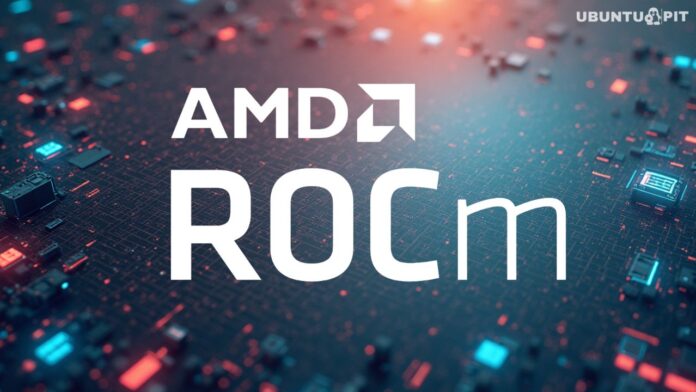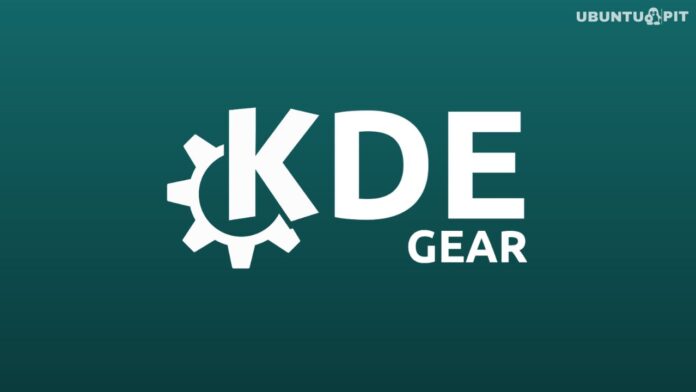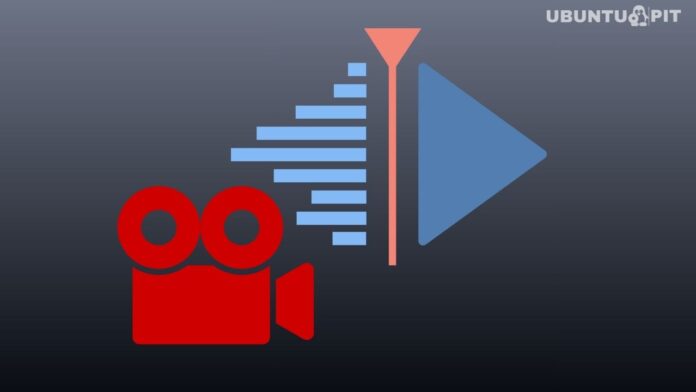AMD has rolled out ROCm 7.0.2, strengthening its open-source GPU compute platform with broader Linux support, refined AI capabilities, and reliability upgrades for high-performance data center GPUs. Released on October 10 by alexxu-amd on GitHub, the update extends ROCm’s reach to newer hardware and distributions while modernizing several of its core components.
The new release adds official compatibility for AMD Radeon RX 9060, built on the RDNA4 architecture, marking another step in ROCm’s steady expansion toward next-generation GPUs. On the software side, Debian 13, Oracle Linux 10, and RHEL 10.0 (kernel 6.12 series) now join the list of supported platforms, ensuring ROCm keeps pace with emerging enterprise and research environments. Virtualization capabilities remain unchanged in this version.
A major stability improvement targets AMD’s data center accelerator lineup. The MI300X now benefits from a Multimedia Engine Reset feature in the amdgpu 30.10.2 driver, allowing recovery from VCN or JPEG faults without a full GPU reset. This enhancement requires PLDM 01.25.05.00 or newer firmware and underscores AMD’s focus on reliability for large-scale workloads.
ROCm 7.0.2 also leans further into AI and scientific computing. It introduces Retrieval-Augmented Generation (RAG) integration, expanding the platform’s potential for large language model workflows. Additional highlights include gsplat (Gaussian splatting via Python and PyTorch) and the early-access ROCm-LS toolkit, which bundles hipCIM and MONAI for ROCm to support life-science research applications.
Deployment and maintenance receive attention too. The Offline Installer Creator 7.0.2 and Runfile Installer 7.0.2 both add support for the latest Linux distributions, with the offline creator now handling kernel mismatches between host and target systems—streamlining ROCm-only installations.
Under the hood, AMD refreshed a broad set of components:
- HIP runtime 7.0.2; hipBLAS 3.0.2 and rocBLAS 5.0.2 now cover newer GPU architectures.
- RCCL gains bfloat16 pipeline control and improved buffering.
- AMD SMI 26.0.1 refines monitoring and diagnostics, while ROCdbgapi 0.77.4, rocPRIM 4.0.1, and rocSOLVER deliver incremental performance gains.
- ROCm Systems Profiler 1.1.1 resolves a long-standing ROC-TX event display issue.
Known issues persist across debugging and AI modules: ROCm tools may hang under SELinux, MIGraphX fails under Python 3.13, and OpenCV mismatches between Ubuntu 24.04 and Debian 13 require rebuilds.
Several legacy elements are also being phased out. The ROCm Execution Provider (ROCm-EP) enters its final supported release, ROCm SMI shifts to maintenance mode, and profiling utilities like ROCTracer, ROCProfiler, and rocprofv2 will give way to ROCprofiler-SDK by early 2026. AMD also plans to retire older wavefront macros and object tools, consolidating functionality under llvm-objdump --offloading.
ROCm 7.0.2 reflects AMD’s continued effort to align its open software stack with next-generation GPUs and evolving AI workloads. The release blends practical updates for system administrators with forward-looking changes aimed at a more unified, resilient ROCm ecosystem. Full details are available on the official GitHub release page.


